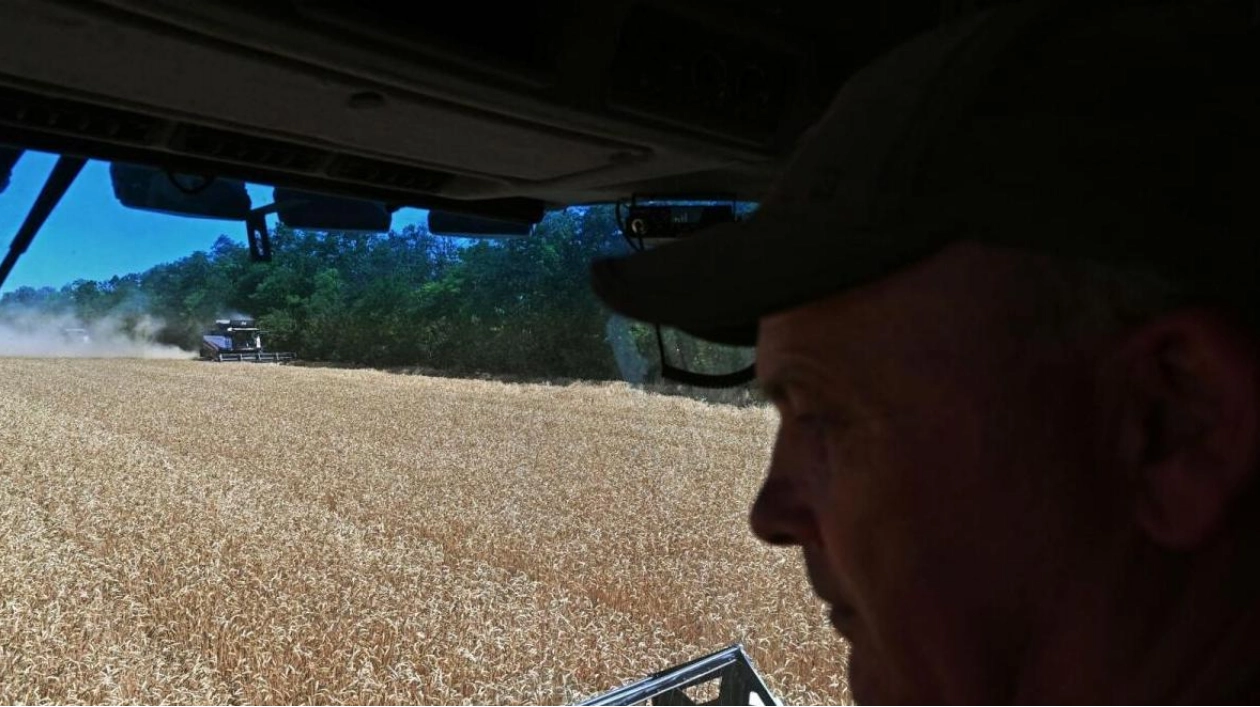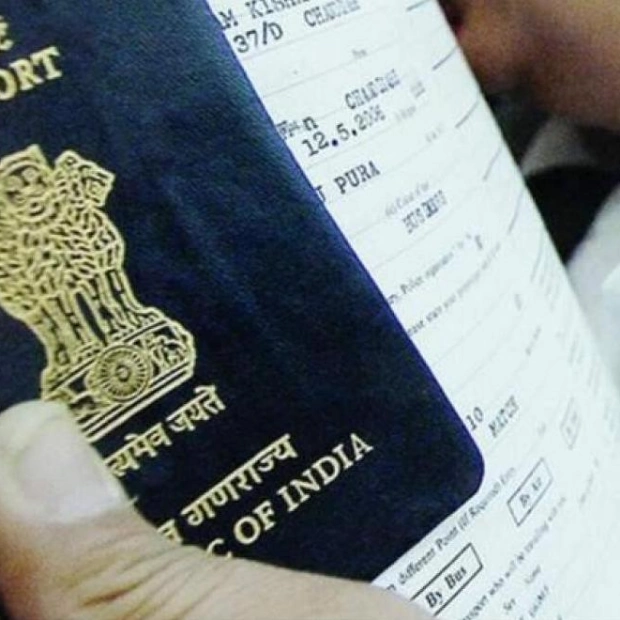In the scorching heat of 50 degrees Celsius, farmers in Russia's Rostov region, known as the country's breadbasket, are working hard to recover a harvest affected by heatwaves, frosts, and floods. Rostov contributed 11 percent to Russia's total grain harvest last year and is one of the key regions under scrutiny by the agriculture ministry to adjust their already conservative 2024 crop forecast. The ministry's latest estimate, from April and still valid, predicts a 2024 grain harvest of 132 million tonnes, a 9 percent decrease from 2023's 145 million tonnes and a 16 percent drop from the 2022 record of 158 million tonnes. Recently, Rostov announced a projected 38 percent decline in this year's grain harvest to 10 million tonnes, following severe heatwaves after spring frosts.
Sergey Sasunov, the chief agronomist at the Rassvet farm in the Rostov region, noted that despite good conditions after winter, the harvest prospects have dimmed. Sasunov estimates that his farm's harvest is only half of last year's volume. Under President Vladimir Putin, Russia has risen to become the world's top wheat exporter, supported by significant state aid despite Western sanctions related to the annexation of Crimea in 2014. This agricultural surge has transformed southern regions like Rostov, where cultivated fields now dominate the scenery, also enhancing local living standards. Global warming has expanded agricultural opportunities in northern Russia, but extreme weather has made southern regions' harvests less stable.
Concerns over reduced Russian production pushed global wheat prices higher in April, though these gains were largely lost by June due to optimistic forecasts of better Russian yields and increased US production. These hopes could be overly optimistic. Agriculture Minister Oksana Lut has identified drought as the primary factor that might necessitate a revision of this year's grain harvest forecast. Sasunov reported minimal rainfall since March, and many Rostov farmers attribute lower harvests to early spring frosts that killed young sprouts. At the Kirovsk Horse Farm, early May temperatures dropped to minus 4-5 Celsius, leading to significant crop damage.
A weaker harvest could exacerbate Russia's inflation, currently at 8.6 percent, amidst high state spending and wage growth in an overheating economy. Steppe, one of Russia's biggest agricultural firms with lands in Rostov, Stavropol, and Krasnodar, anticipates a 10 percent decrease in its grain harvest compared to last year. Agriculture consultancy Sovecon predicts that temperatures in major grain-producing regions will remain 2-6 degrees above normal in the coming weeks. Chief Meteorologist Roman Vilfand warns that periods of extreme heat across Russia will lengthen, and occurrences of floods and hurricanes will increase in frequency.






